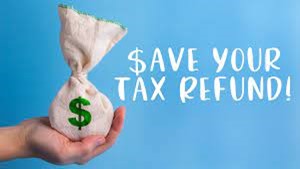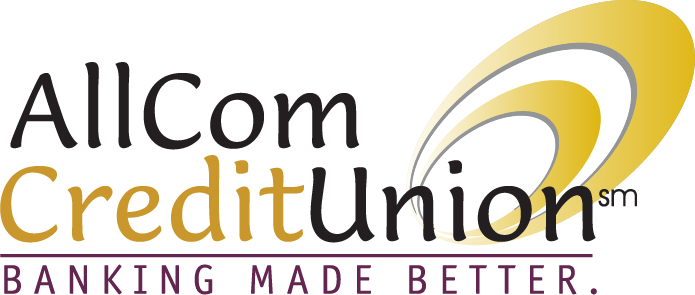
An expected refund or stimulus payment can inspire exciting plans for spending our new money. The COVID-19 pandemic was and is still stressful for many people, both financially and in other ways. It’s natural to want to reward ourselves using part or all of a tax refund or stimulus payment, which we may think of as extra money. Whether it’s your regular pay, a refund or a stimulus payment, you should be responsible with how you use that money.
A 2020 National Retail Federation® survey found that about 50 percent of those surveyed will likely to use their tax refund to contribute to savings. 34 percent were going to use the refund to pay down debt and 24 percent planned to use their refund for every day expenses. The smartest thing you can do with any extra income is use it for necessities, including increasing your savings and decreasing your debt.
Pay your bills
If your job was affected by the pandemic, the best thing you can do with any additional money is to stay current with your regular financial obligations, pay bills and pay down any additional debt you may have accumulated.
Add more to your savings or money market accounts—or invest in a CD
It’s always a good idea to add to your savings. Many people start building their financial resources with a basic savings account. Saving accounts earn interest and can be linked to include direct deposit of a paycheck or to a checking account. If you’d prefer a flexible account that can earn a higher rate of interest for your savings, look at a money market account.
A certificate of deposit (CD) is another way for you to watch your money grow at a higher interest rate than a savings account. When you open a CD, the money is invested for a fixed amount of time (fixed-term) and can be used once the certificate of deposit has matured—when the fixed-term has ended. CDs can be be invested for terms of 6, 12, 24, 36, 48 or 60-months.
Put money in an IRA or other retirement savings account
The additional funds you receive now can make a big difference in the future. If you use them to make an extra contribution to your Roth IRA or a traditional Individual Retirement Account (IRA), they could significantly increase by the time you retire. If you don’t already have an IRA, use your refund/commission/bonus to jump-start one. In 2021, the annual contribution limit for IRAs is $6,000 ($7,000 if you are 50 or older).
Build—or rebuild—a short-term emergency fund
Finance professionals typically recommend saving three to six months’ worth of living expenses in a separate emergency fund to protect against a financial setback such as an unexpected job loss or medical emergency. For many Americans, the pandemic demonstrated that it can be difficult to start or maintain an adequate short-term emergency fund. Using your stimulus payment, tax refund, commission or bonus payout to start or build up your savings is something you will be thankful for when you need it.
Pay off high-interest debt, such as high-interest credit card bills
One of the best ways to spend your tax refund is to eliminate credit card balances and other types of high-interest debt. Reducing high-cost debt not only relieves the stress of making monthly payments; it also enables you to save hundreds, or even thousands, of dollars. Another option for lowering your debt is to take out a car loan, personal loan, or a home equity line of credit and use the loan to pay off other debt that has a higher interest rate. You will then have more money available to pay off the new, lower-interest loan faster.
Help others
If you’re in a strong financial position, you may consider helping others with the additional money you’ve received. Maybe you can assist a family member or a friend in need or support a charitable organization. If the organization is tax-exempt, your contribution may be tax deductible.
Do something special for yourself
If you’ve eliminated high-interest debt and fully funded your savings and emergency accounts, you may want to indulge in a smaller, more personal reward. Treating yourself to a a nice takeout meal from a restaurant, some new clothes, rent a movie from a streaming service, buy music, a book, or videogame, or do something else that you would enjoy.

